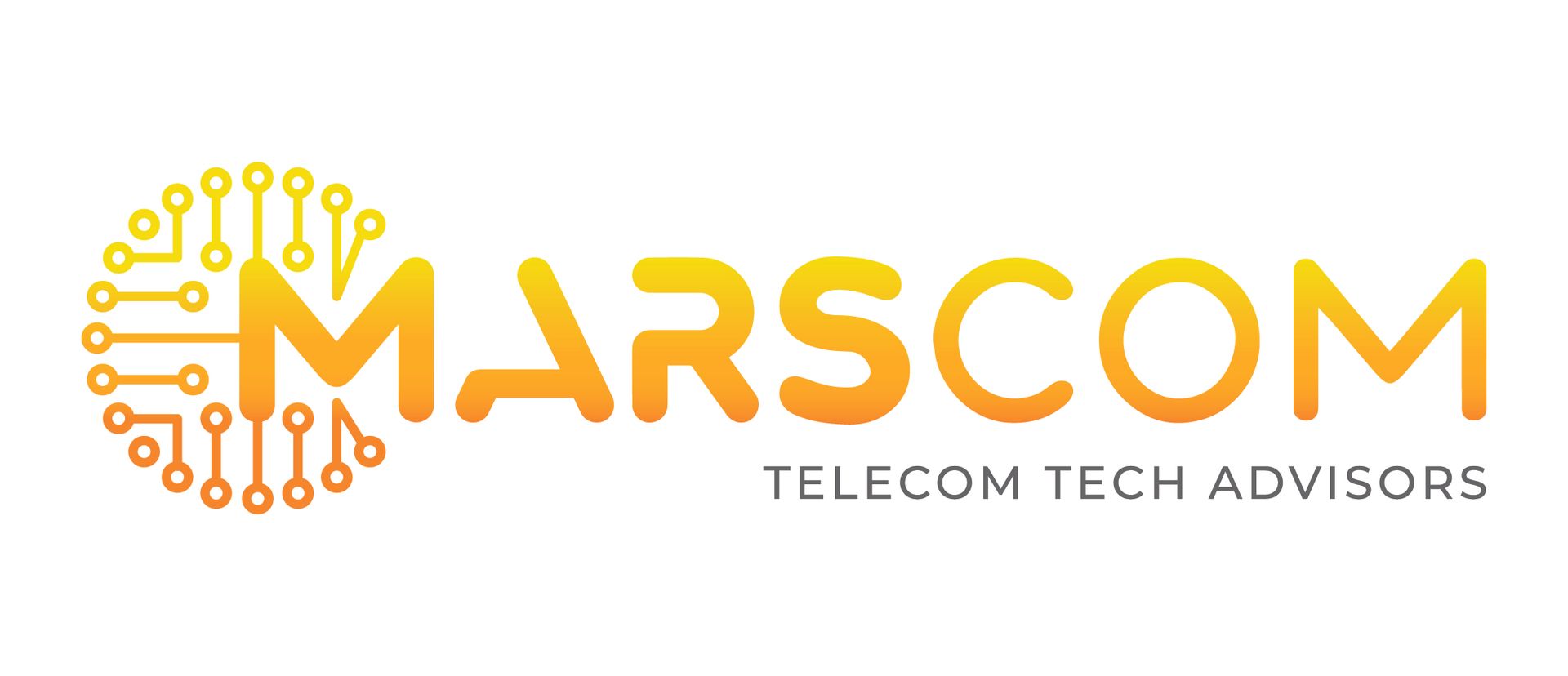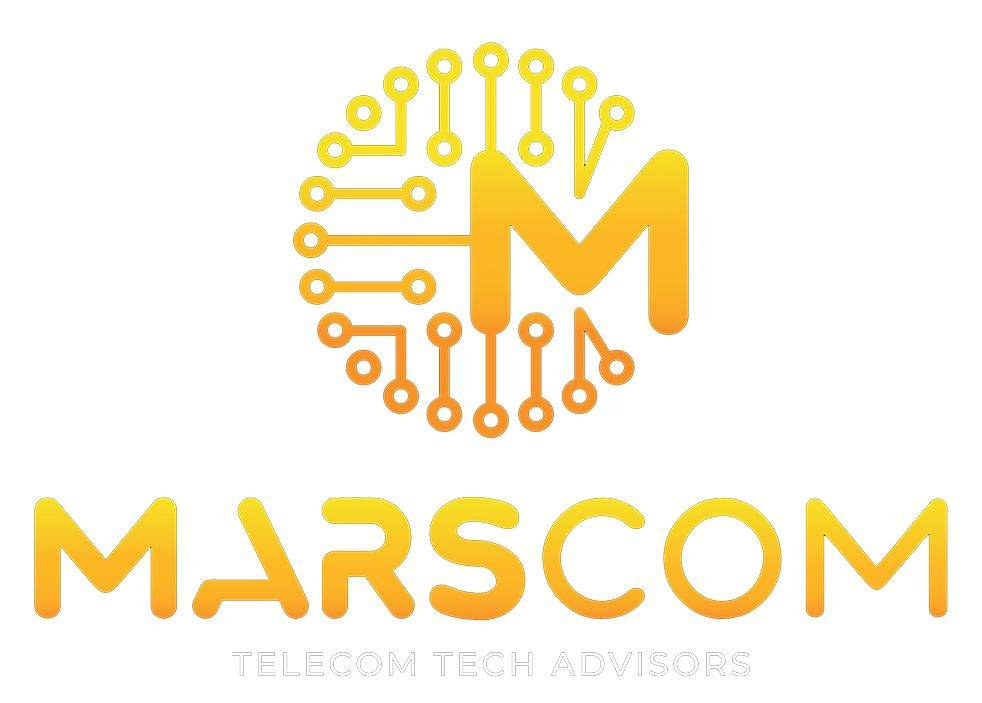The Importance of Reliable Internet and Failover Solutions for Utah Businesses
The Importance of Reliable Internet and Failover Solutions for Utah Businesses

In today's digital era, reliable internet connectivity is the backbone of business operations. Whether it's a small boutique in Salt Lake City or a tech startup in Provo, disruptions in internet service can lead to significant setbacks. A stable internet connection is crucial for maintaining productivity, ensuring seamless communication, and securing revenue streams. Businesses increasingly rely on cloud services and remote work models, which makes consistent internet access even more essential.
Internet downtime can be costly. According to a report by Gartner, businesses can lose an average of $5,600 per minute due to internet outages. This statistic highlights the potential financial impact, especially for small to medium enterprises (SMEs) that may not have the resources to absorb such losses. Reliable internet is no longer a luxury; it is a necessity for survival and growth. For more on the economic impact of internet outages, you can refer to Gartner's analysis.
Understanding Failover Internet Solutions
Failover internet solutions are a safeguard for businesses against connectivity disruptions. A failover system automatically switches to a backup internet connection when the primary one fails, ensuring continuity. There are different types of failover solutions available, such as automatic failover, which seamlessly switches connections without user intervention, and manual failover, where users must activate the backup connection. Load balancing, another option, distributes traffic across multiple connections to optimize performance.
The technology behind these solutions includes dual WAN routers that can manage multiple connections and cellular backup options that use mobile networks as a secondary connection. Implementing a failover system minimizes downtime and helps maintain business continuity, which is vital for operations that depend on constant connectivity. For a comprehensive guide on failover technologies, check out this detailed study.
Types of Failover Options Available
Businesses have a range of failover options to choose from, each with its own set of advantages and drawbacks. Hardware-based solutions like dual WAN routers are known for their reliability and direct control over connections. On the other hand, software-based solutions that rely on cloud services offer flexibility and can be more cost-effective for some businesses.
Emerging technologies in failover solutions include 5G backup options, which promise faster speeds and lower latency, and Software-Defined Wide Area Network (SD-WAN), which offers more efficient management of network resources. Each option varies in terms of cost, complexity, and reliability, and businesses need to weigh these factors based on their specific needs and resources.
Implementing Failover Internet: Step-by-Step Guidance
For businesses looking to implement failover internet, the process begins with assessing the current internet setup and determining specific failover needs. This involves evaluating existing infrastructure, identifying critical operations that require constant connectivity, and estimating potential downtime costs.
Selecting and installing a failover solution involves choosing the right hardware, such as dual WAN routers, and configuring settings to ensure smooth operation. It's essential to test failover systems regularly to ensure they function correctly during an outage. Businesses should also review and update their failover systems periodically to keep up with technological advancements and changing business needs.
Case Studies from Local Businesses
Local businesses in Utah have experienced firsthand the benefits of implementing failover solutions. For instance, a retail company in Ogden faced frequent internet outages that disrupted their point-of-sale systems. After implementing a failover solution, the company reported a significant reduction in downtime, allowing them to serve customers without interruptions.
Similarly, a tech firm in Lehi found that their reliance on cloud services made them vulnerable to internet disruptions. By investing in a dual WAN setup, they ensured their operations could continue smoothly, even during primary connection failures. Business owners and IT managers across Utah have emphasized the importance of failover internet in maintaining operational stability and customer satisfaction.
Unique local considerations, such as the geographic layout of Utah and regional service provider differences, also influence failover strategies. Businesses in mountainous areas, for example, may face unique connectivity challenges that necessitate robust backup solutions.
In conclusion, reliable internet and effective failover solutions are critical for businesses in Utah. By understanding the available options and implementing the right strategies, businesses can safeguard against connectivity disruptions and maintain continuous operations.












